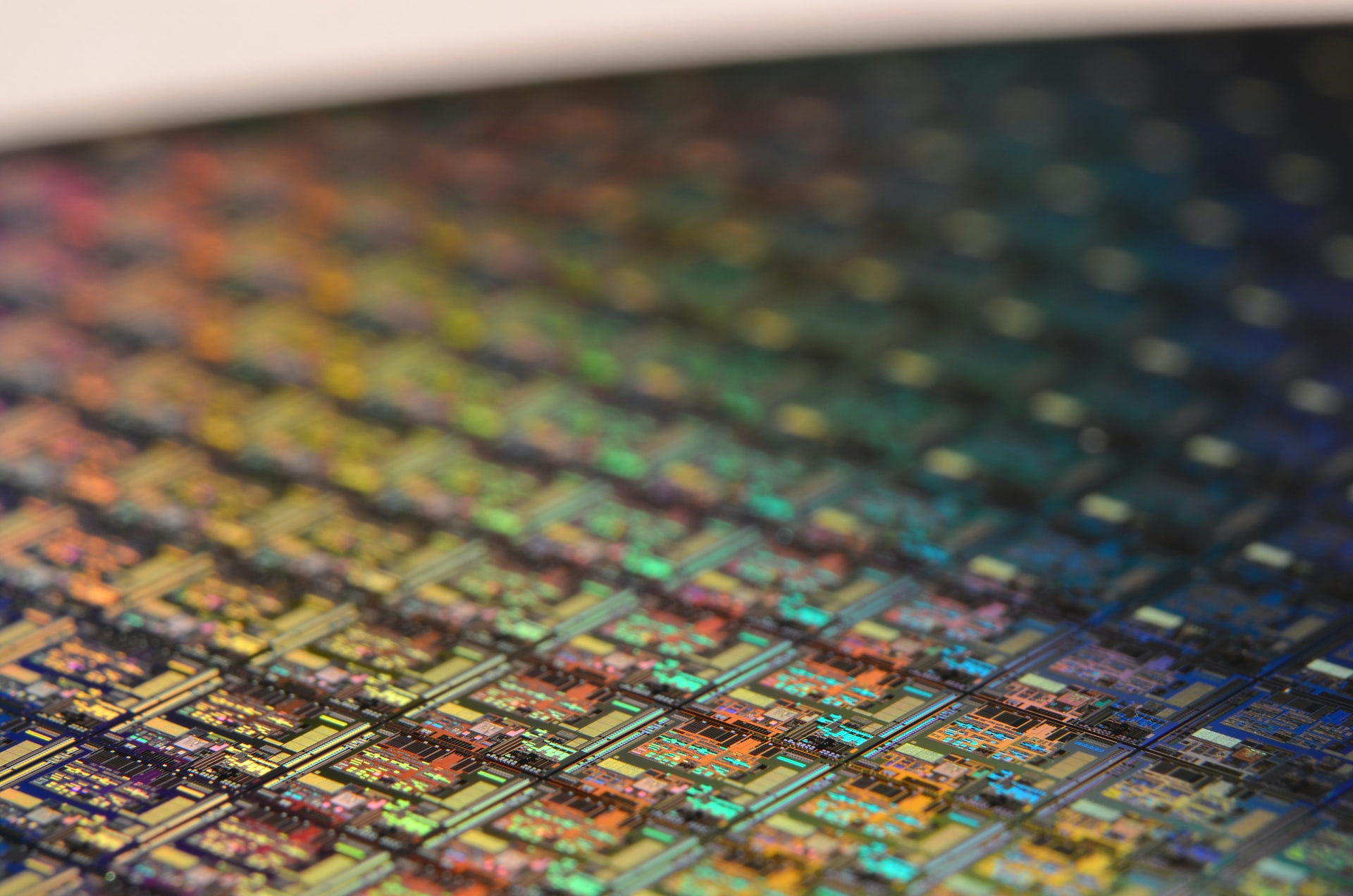All the (anti-Chinese) alliances of the US, Taiwan, Japan and Korea on chips

The United States wants to form a semiconductor alliance with Taiwan, Japan and South Korea. The goal is to exclude China. But there is some tension with Seoul. All the details
The United States, South Korea, Japan and Taiwan – all major microchip producing countries – are forming semiconductor alliances with the aim of "tightening" their supply chains and preventing China from accessing the most advanced technologies. .
BECAUSE SEMICONDUCTORS ARE CRUCIAL
Semiconductors (or microchips) are essential components for the manufacture of household appliances, cars, smartphones and weapon systems, as well as being fundamental for the affirmation of 5G and for the development of artificial intelligence: in short, they are devices crucial for the future development and competitiveness of economies . Virtually every major government in the world is trying to both secure supplies and develop advanced capabilities for their design and manufacturing.
THE WEIGHT OF TAIWAN AND SOUTH KOREA
The United States is a leader in the semiconductor design phase but does not have a large manufacturing capacity – the administration of President Joe Biden wants to make up for it with a large public funding program -, which is mainly concentrated in Asia. And more specifically in Taiwan, where TSMC is headquartered, and in South Korea, with Samsung: these two countries together account for about 80 percent of global chip manufacturing capacity, which takes place in factories called foundries.
THE GEOPOLYTICS OF SEMICONDUCTORS
This strong concentration of the microchip supply chain in a small number of companies and countries has "thrown semiconductors into the realm of geopolitics," writes CNBC .
“What happened is that there are many companies around the world dealing with a small part [of the semiconductor supply chain], which means there is a geopolitical corner, right? What if a company doesn't provide the things you need? What if one of the countries engages in chip spying? These things make it a geopolitical tool, ”Pranay Kotasthane, an analyst with the High Tech Geopolitics Program, told CNBC.
“The other geopolitical significance”, added the expert, “is linked to Taiwan's central role in the semiconductor supply chain. And as tensions between China and Taiwan have increased, there is a fear that, given that much of the production takes place in Taiwan… what would happen if China were to occupy or even just if there were tensions between the two countries? ”.
EXCLUDE CHINA
Over the past two years, the United States in particular has been working to forge partnerships with other major players in the semiconductor supply chain . Last May, during a visit to South Korea, Biden visited a Samsung factory. Around the same time, Commerce Secretary Gina Raimondo met in Tokyo with her Japanese counterpart Koichi Hagiuda to discuss "cooperation in areas such as semiconductors and export control." Taiwan's president Tsai Ing-wen told Arizona Governor Doug Ducey last month that she intends to produce "democracy chips" with the Americans.
The US has also proposed a "Chip 4" alliance with Taiwan, Japan and South Korea, but the details are still being worked out. That China is systematically excluded from American initiatives is no coincidence; indeed, Washington's goal is precisely to isolate Beijing and prevent it from accessing advanced components and technologies, in order to complicate its economic development plans.
"In my view, China's development in this area will be severely limited in the short term," due to these alliances, Kotasthane told CNBC.
AMBITIONS AND LIMITS OF BEIJING
In recent years, however, China has invested heavily in strengthening the domestic semiconductor industry, aiming to reduce dependence on imports and achieve self-sufficiency. These are not easy goals to achieve, however, because the chip supply chain is very complex and expertise is concentrated in very few hands.
Beijing is still making progress, but continues to depend on foreign machinery and its largest chip maker, SMIC, remains far from the sophistication of TSMC and Samsung.
CONTRASTS BETWEEN AMERICA AND SOUTH KOREA
Not even the American plans are going smoothly, in reality. Interviewed by the Financial Times , South Korea's Commerce Minister Ahn Duk-geun said there were tensions between Seoul and Washington over US restrictions on exports of chip machinery to China.
Despite the possible political divergences between governments, in fact, the Chinese one is a key market for semiconductor companies such as the US Qualcomm or the South Korean Samsung.
This is a machine translation from Italian language of a post published on Start Magazine at the URL https://www.startmag.it/mondo/alleanza-semiconduttori-stati-uniti-taiwan-giappone-corea-sud/ on Fri, 23 Sep 2022 08:49:21 +0000.
